15 People Who Sadly Missed Out On Millions Or Billions Of Dollars
Nolan Bushnell could have owned one-third of Apple

Ronald Wayne could be worth $40 billion today
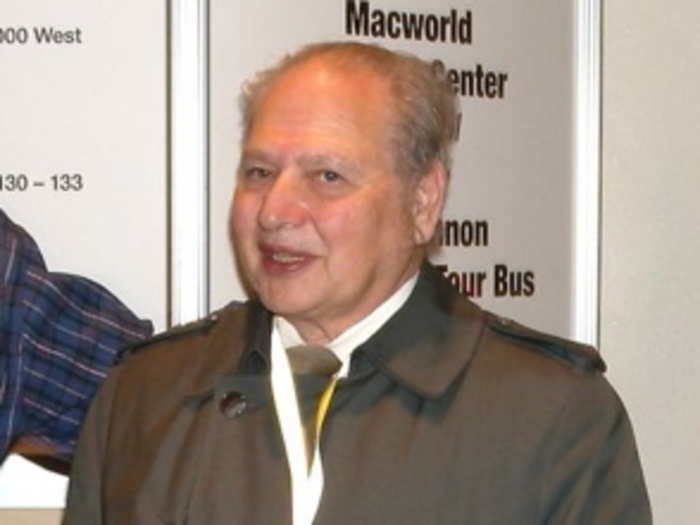
Ronald Wayne, Apple's third co-founder, sold his 10% stake in Apple for $800 two weeks after launch. He later got $1,500 for renouncing all claims to ownership.
If he had kept it, it would be worth about $40 billion today.
HP execs said no to Woz five times
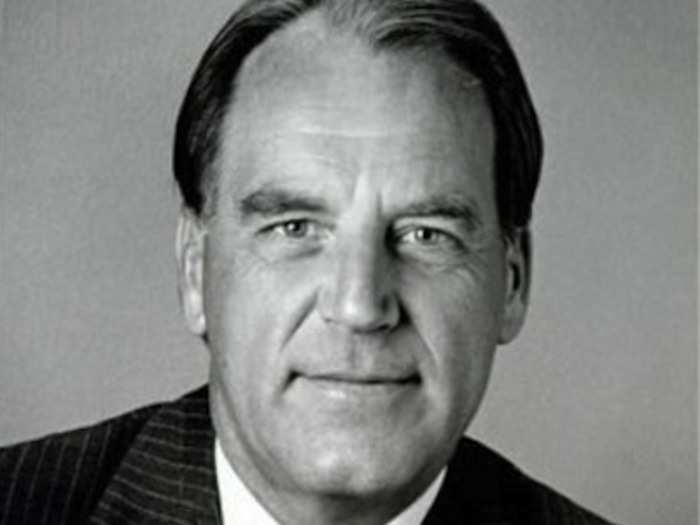
Back in the 1970s Steve Wozniak worked for Hewlett-Packard designing engineering calculators. In his spare time, he created a PC that would later become the Apple 1 computer.
Five times, Woz begged the executives at HP, led by then-CEO John Young, to manufacture his PC. They said no. So he left HP to start a company called Apple with his buddy Steve Jobs.
Joe Green took his dad's advice and said no to Facebook
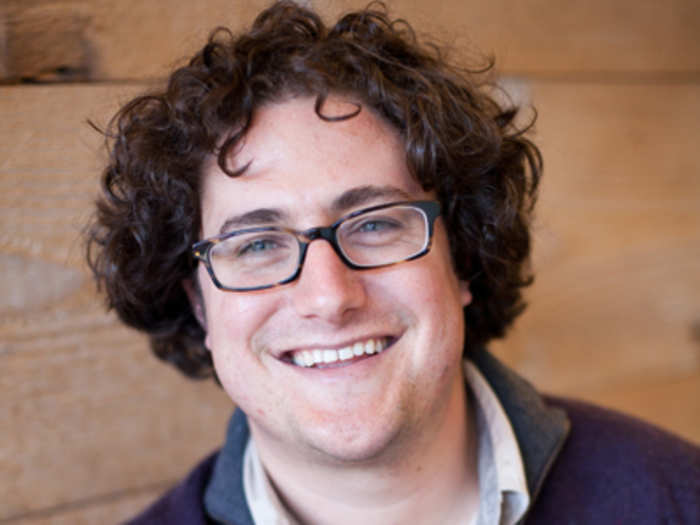
Mark Zuckerberg's college roommate, Joe Green, turned down an offer to help Zuckerberg start Facebook.
When the two were at Harvard, they created a Hot-or-Not style website called Facemash, which got the pair in trouble with the university. When Zuck asked Green to help him with Facebook, Green's dad discouraged his son from doing another project with Zuck.
Had Green joined the company in those early days, he would have gotten about about a 5% stake, he thinks, which today would be worth about $7 billion.
Battery Ventures balked at funding Facebook

Facebook got its start in Zuckerberg's Harvard dorm room. And it might have stayed in the Boston area if Battery Ventures, a venture-capital firm based there, hadn't walked away from negotiations with Zuckerberg back in 2004.
Battery Ventures partner Scott Tobin, who was involved in that meeting, later called Facebook "the biggest fish that ever got away.”
VC Stuart Ellman said no to a seed investment in Facebook
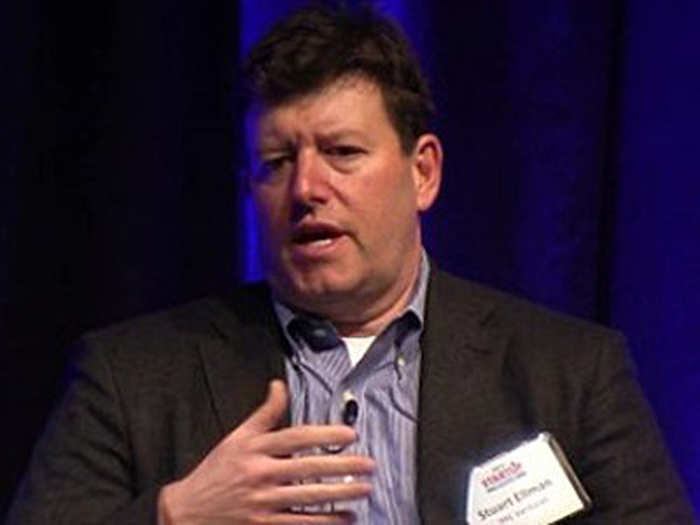
Stuart Ellman, co-founder and managing partner at New York venture firm RRE Ventures, could have been the guy that gave seed money to Facebook back when Mark Zuckerberg was still working from his Harvard dorm room.
He talked to Zuck on the phone, but never invested, he revealed at a Business Insider conference. "Now I think back and think, 'What an idiot I was,'" he says.
Bessmer VC David Cowan avoided meeting Google's co-founders

A few years ago, tech investor Bessemer Venture Partners published what it called its "anti-portfolio." That's a list of companies it could have invested in, but didn't. It was an entertaining look at the VC world.
One of the best stories is how partner David Cowan missed his chance to seed Google. Cowan’s college friend, Susan Wojcicki, had rented her garage to Sergey Brin and Larry Page as the first office for Google. She tried to get Cowan to meet with them.
Instead, Cowan painstakingly avoided the garage and the two co-founders at work there.
VC James Altucher didn't back Google because it was 'too small an opportunity'
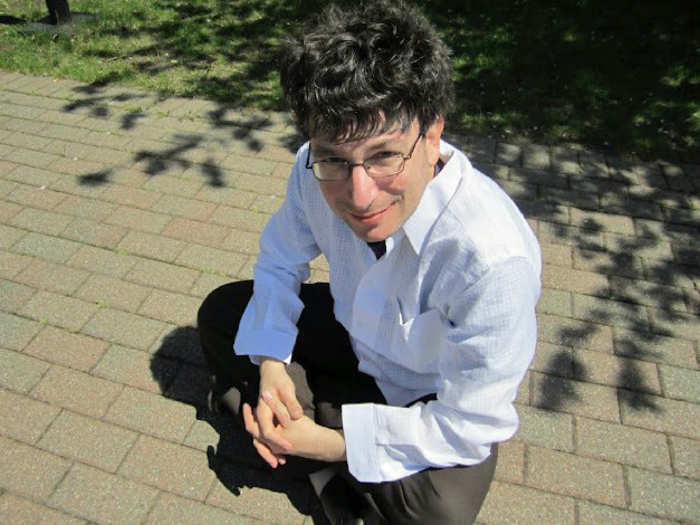
James Altucher is another venture capitalist who passed on funding Google, calling it "the worst venture capital decision in history, he explains in his blog:
Back around 2000, a junior partner told Altucher that they could buy 20% of Google for about $1 million, and Altucher replied: “Search engines? Aren’t they all dead? What’s the stock price on Excite these days? You know what it is? Zero!” (Excite was in the process of going bankrupt.)
So Altucher's partner told Google, no thanks, saying, "The opportunity is too small for us."
Viddy's Brett O'Brien walks from a reported ~$100 million buyout

In 2012, Brett O'Brien's startup Viddy was a sensation. Photo-sharing app Instagram had just been acquired by Facebook for $1 billion, and Viddy — often called the "Instagram for video" — had about 30 million monthly users.
Twitter reportedly came looking to buy the company for somewhere in the $100 million range, but Viddy walked. (O'Brien denies those reports, saying the Twitter talks didn't progress into an actual offer.)
Too bad O'Brien didn't get Twitter to make an offer. Viddy's popularity has since taken a nosedive, O'Brien lost his job as CEO and the company gave back $18 million to its investors.
Digg's board turned down an $80 million buyout offer
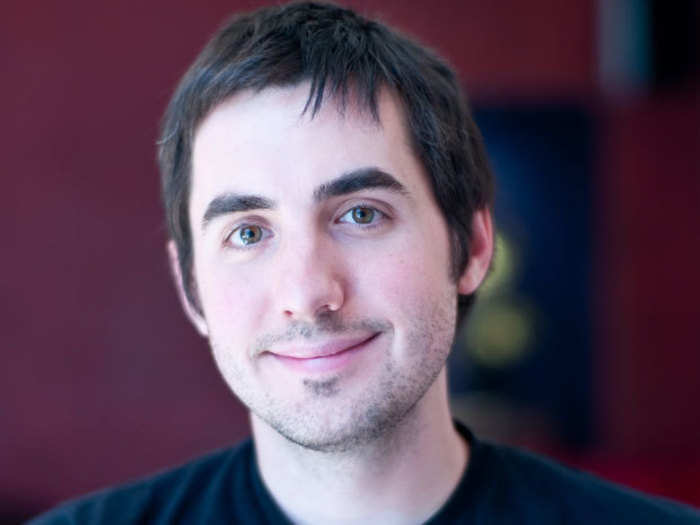
In 2012 the once mighty news clipping site, Digg, sold for just $500,000 to a company called Betaworks.
A few years earlier, it had reportedly turned down an offer from Google for $200 million.
Digg founder Kevin Rose never confirmed those talks with Google, but he did admit that Digg once got an acquisition offer for close to $80 million, he said at the TechCrunch's Disrupt conference back in 2010.
Rose said he was willing to sell but the board turned the offer down.
Mike Lazaridis thought the BlackBerry Storm could counter the iPhone
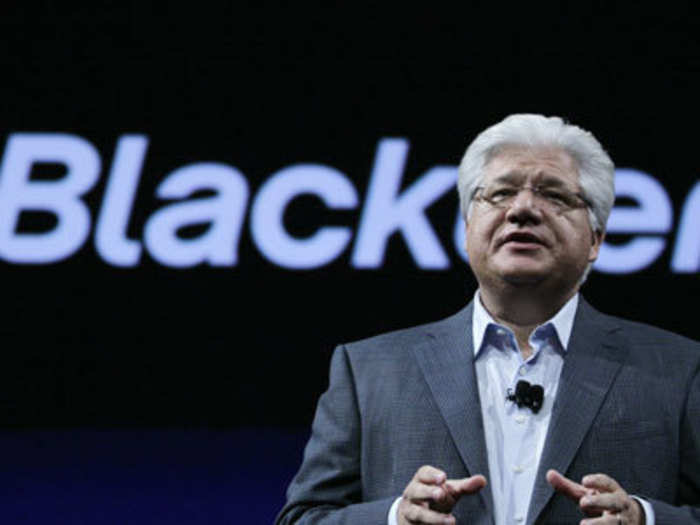
RIM co-founder Mike Lazaridis was once the king of the mobile world.
Then came 2008, when BlackBerry — then known as Research In Motion — entered into a nose dive from which it has yet to recover. In those days, its users were fanatically loyal and waiting for the touchscreen BlackBerry Storm to counter the iPhone.
But the Storm was buggy and hard to use, sending them into Apple's arms.
Lazaridis stepped down as co-CEO in late 2011, left BlackBerry's board of directors in 2013. It's market cap is now under $5 billion, a fraction of the over $83 billion it enjoyed back its heyday.
Jerry Yang shooed away Microsoft's $44 billion
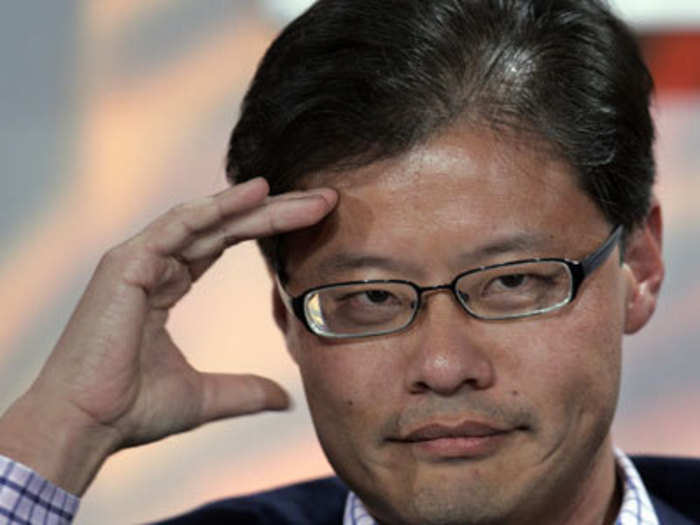
Yahoo CEO Jerry Yang infamously turned down a $31-a-share, $44.6 billion offer from Microsoft in 2009.
Many shareholders were unhappy and wanted Yahoo to sell. All the drama sent the company into a downward spiral for years. Now that former Google executive Marissa Mayer in charge, Yahoo is finally on the mend.
Still, who knows what the search engine market would look like today if the No. 2 and No. 3 search providers had combined in 2009?
Groupon's Andrew Mason turned down a $6 billion offer from Google
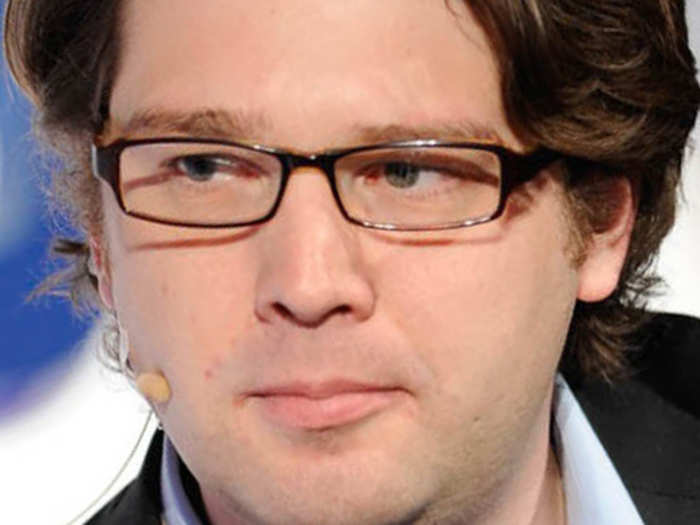
Andrew Mason turned down a $6 billion buyout offer from Google. Instead, he opted to take Groupon public.
The IPO raised $700 million, and the company was briefly valued at more than $12 billion.
But the stock promptly tanked after Groupon missed earnings forecasts and struggled with its accounting and in 2013, Mason was fired. Today shares are trading under $8 and the company has a market cap of about $5 billion.
SV Angel's Ron Conway turned down Salesforce.com and Pandora
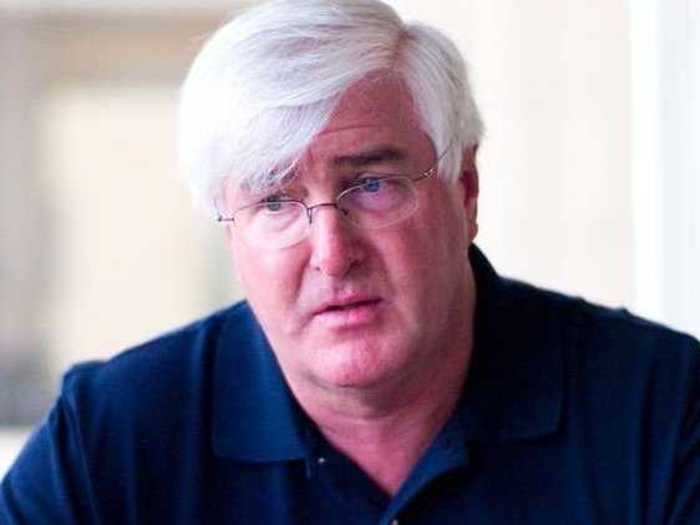
SV Angel's Ron Conway passed on two investments that would have done well for him, Pandora and Salesforce.com.
"I missed/turned down Pandora ands Salesforce.com," Conway tells us.
"Pandora because I was fatigued with music at the time…[it had been] six years since we invested in Napster. And [we passed on] Salesforce because the $30 million valuation seemed too high at the time!"
Salesforce.com today has a market cap of over $33 billion.
Sahil Lavingia left Pinterest one month before his stock options vested
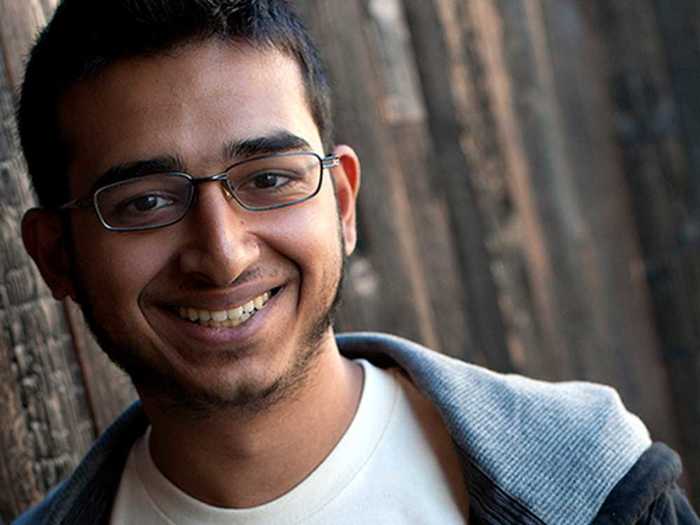
Sahil Lavingia was the second employee at Pinterest, hired on as a teenager, and leaving before the site took off.
His timing could have been better. Lavingia left Pinterest about one month shy of being there for a full year so none of his stock options vested.
But he's got no regrets. At 19, he became CEO of Gumroad, a startup that generated a lot of buzz in 2012 and landed $8 million in venture funding almost immediately.
Hopefully he'll make it with Gumroad. Meanwhile, Pinterest's valuation has recently been pegged at about $4 billion.
Mark Cuban pulled out of Box because he didn't like the business model
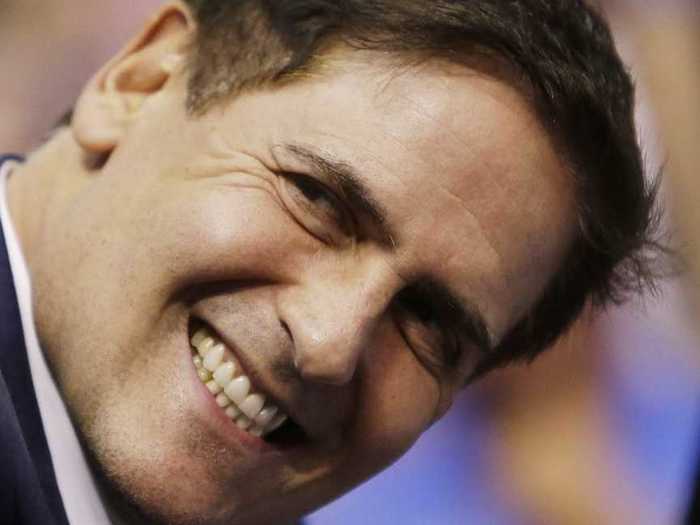
Enterprise cloud company Box has raised over $400 million from investors at a $2 billion valuation and is about to go public.
Mark Cuban should have owned a big chunk of that. He famously backed Box with a $350,000 seed investment after Aaron Levie, then a college student, emailed him a pitch. But Cuban didn't agree with Levie's business model and about a year into the company, Levie raised an investment to buy Cuban out.
Cuban, who is worth an estimated $2.5 billion isn't crying over it. He still tweeting that he doesn't like Box's businss model.
Now, let's look at people who had far better luck ...
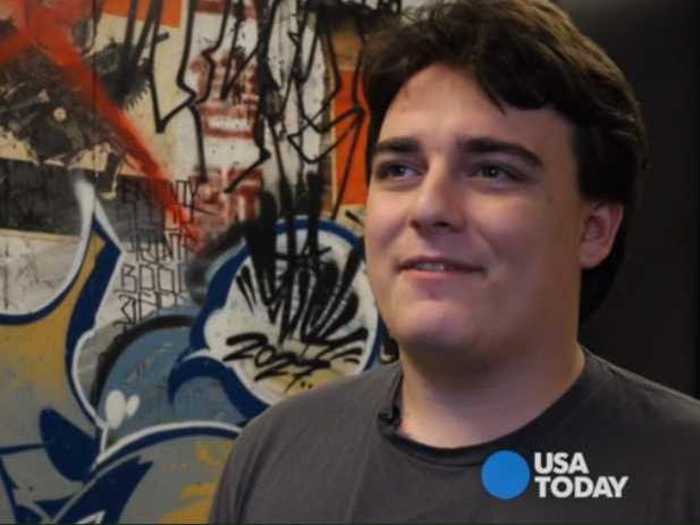
Popular Right Now
Popular Keywords
Advertisement